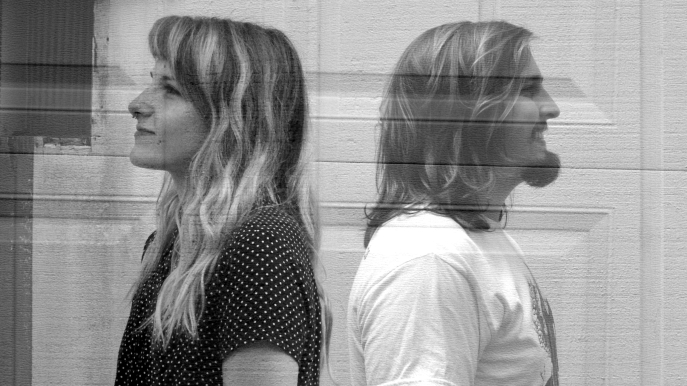The following is the full Editors’ Note for Issue 4:
“There are few things more frightening than being alone.
The solitary entrance into your new school’s lunchroom, hands gripping the flimsy plastic tray as if for physical protection. The silent wait on your doctor’s exam table, wax paper crinkling as you squirm in anticipation of a diagnosis. The empty stage before your first solo recital, a dull hum of conversation behind the closed curtain. The walk up to the open casket with only your memories and last remarks.
While these are all moments of loneliness, and certainly anxiety inducing, they are finite and conquerable. Real terror is infinite loneliness. True social isolation. That barren horizon that appears to keep rolling along ahead, regardless of your vain attempts to slow down and seek refuge in the care of a gentle friend or the compassion of a family member. Just a sad, endless marathon to death.
The majority of the two years we’ve spent working on this magazine thus far have been spent shifting closer towards the cusp of social isolation. Whether it be moving away from home to live alone in the outskirts of a new city or sacrificing days to build a skill set in a prospective career as friends disperse, we’ve found ourselves separate and alone, searching for stability in something other than the conversations and company of our core group of friends. We’ve had to rebuild our essential communities, find our space in our respective cities and occupy it the best we could. This magazine has served as a source of comfort and familiarity through the changes these past couple of years have brought, providing us a thread to a shared past and a foundation for a connected future. It has given us a sort of surrogate community where we could engage with and share the ideas of others even when our social circles were nearing nonexistent. Basically, it kept us from feeling we were running that marathon.
We’ve learned firsthand that literature can provide the community, both of place and purpose, necessary for avoiding the intellectual black hole of social isolation. You can find solace or strength in a story that puts words to something you thought you alone felt. A poem can express an emotion or an experience in a way that gives you a kind of clarity that simple, logical advice cannot. The acts of writing and reading should be a conversation, no matter how distant or indirect. They allow you to shape your perspective in response to the presented perspective of another.
In a time when political theater and its all-too-real repercussions have become bizarrely terrifying, the solace that sentences and stanzas can give becomes an invaluable resource for those reaching for a reassurance that love, community, and beauty can still exist in the face of hate, fear, and bigotry. Literature can provide a welcome escape from reality, but, more importantly, it can shape reality into something you don’t feel the need to escape from. It can provide you that vital conversation that assures you that you’re not alone in the often overwhelming swirl of stimulus or struggle to act in the face of a seemingly interminable slew of common tragedy.
The prose and poetry in this issue creates a conversation about the comfort and conflict that human connectedness causes, providing insight into the rewards and risks of closeness. Pleasure can be a placebo. Pain can be empowering. The acceptance that life is a continuous, unavoidable mixture of the two can provide a sense of calm knowledge. All the works in this collection gave us some sort of insight into the intricacies of people, both isolated and interconnected. Every piece is done with an empathy that touches and teaches us, like talking softly with a close friend.
Ultimately, they made us feel human and unalone. We hope they do the same for you.
Kathy Klimentowski/Nick Rossi
Chicago/Nashville, June 2016”
